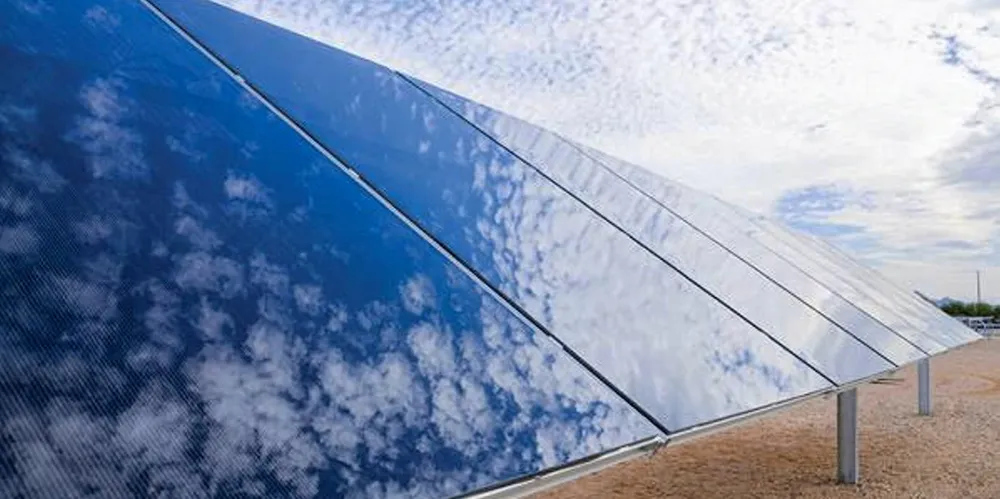National Grid seals 2GW US thin-film deal with First Solar for cross-country build
Banner order of domestically-sourced cadmium telluride modules from expanding manufacturer earmarked for projects in development 'in 2024-25'

Banner order of domestically-sourced cadmium telluride modules from expanding manufacturer earmarked for projects in development 'in 2024-25'
